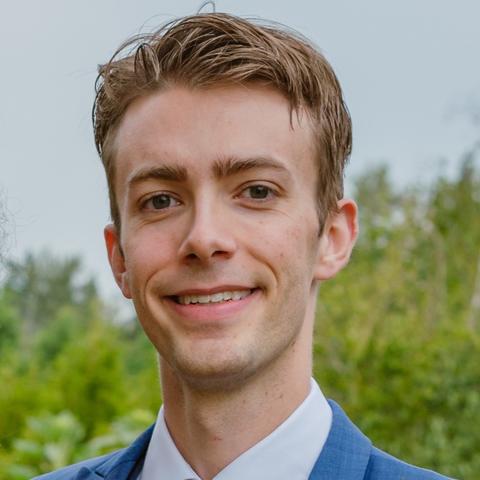
Section Branding
Header Content
Two Georgia HBCUs awarded newsroom grants from institute led by Pulitzer winner Nikole Hannah-Jones
Primary Content
LISTEN: Savannah State University and Morehouse College were selected for the inaugural Newsroom Innovation Challenge grants through Hannah-Jones' Center for Journalism & Democracy. GPB's Benjamin Payne reports.

Student news outlets at two historically Black colleges and universities in Georgia are among the recipients of a new grant program spearheaded by Pulitzer Prize-winning journalist Nikole Hannah-Jones, as part of an effort to upgrade newsroom technology and fund paid work opportunities at 10 HBCU news operations.
Publications at Savannah State University — Georgia's oldest public HBCU — and Morehouse College in Atlanta will receive money through the inaugural Newsroom Innovation Challenge announced Friday by Howard University's Center for Journalism & Democracy (CJD), an institute founded by Hannah-Jones, who rose to national prominence through The 1619 Project at The New York Times.
Referring to CJD and the larger goal behind the grants, Hannah-Jones told GPB that “we really believe a multiracial nation has to be served by a multiracial press. That it is not about being politically correct. That if we want to cover our nation accurately, you have to have people who are representative of our entire nation — and all the various communities — in the newsroom shaping the news.”
To that end, the grant program will in part help fund student newsroom payrolls at HBCUs — an especially important investment, she said, considering that many students cannot afford to volunteer at their campus newspapers for free, as they often come from low-income families.
Financial burdens also stymie the institutions themselves, as public HBCUs have been historically underfunded by state governments.
“[HBCUs] punch above their weight, but they're always having to do more with less,” Hannah-Jones said. “They're having to try to find a way to compete, often with fewer resources. And so I'm just really excited to see when these students are able to dream, when they're able to buy the most up-to-date equipment, when they're not having to sacrifice working for their campus publications.”
Savannah State will receive a multi-year award package of $22,200, according to CJD, to support the purchase of editing software and strategy development for social media, search engine optimization best practices and audience engagement.
The university will also receive funding to provide stipends for editors and contributing writers for its student-run outlet, Tiger's Roar. The funds for the editors will be renewed in the second year, and the grant will establish a contributing writer fund for up to five years.
The Maroon Tiger at Morehouse College will receive a one-time award of $4,000, which will support the purchase of field reporting kits and a database research tool to assist with backgrounding.
Calling HBCUs “some of the greatest drivers of upward mobility for Black students and working class students in the nation,” Hannah-Jones said that the awards come at a pivotal moment in higher education policy.
“Across the nation, we've seen an end to affirmative action in college admissions,” Hannah-Jones said. “We're seeing kind of wide-scale attacks on DEI initiatives on college campuses. And so programs like this — that are serving historically Black colleges — are just going to become more and more important.”
In addition to Savannah State and Morehouse, the Newsroom Innovation Challenge is awarding grants to Florida A&M University, North Carolina A&T University, North Carolina Central University, Texas Southern University, Morgan State University in Maryland, the University of the District of Columbia, and Howard University's The Hilltop and HU News Service.
The grants will leave a lasting impact on students well after graduation, Hannah-Jones said: “I think we're going to see a tangible change in the number of HBCU students who are able to secure high-quality internships, who are able to then go into newsrooms and to make change.”
Secondary Content
Bottom Content




